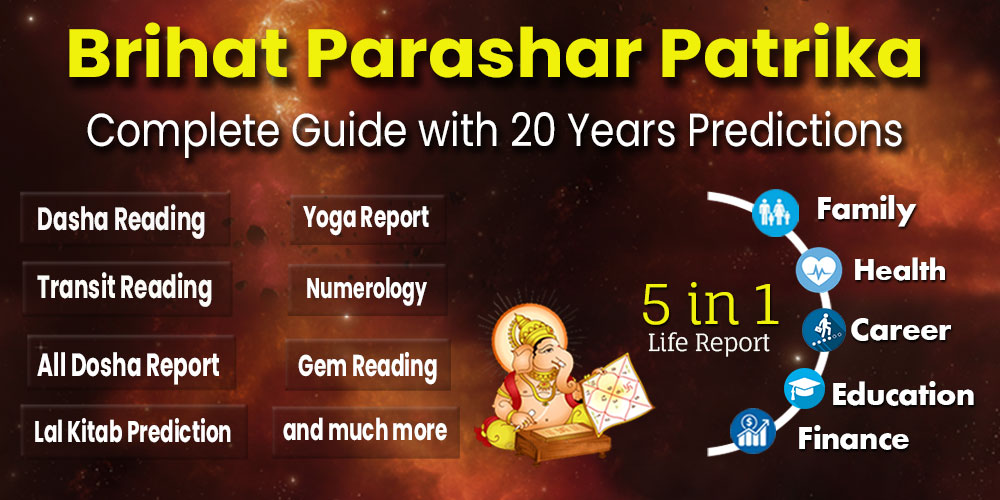Significance
Keeping a fast on Bhishma Dwadashi provides a person with all the happiness and contentment. It relieves a person from all sins. Donations, charities etc to Brahmanas should also be made on this day. Bhishma Dwadashi is celebrated on the second day of Ekadashi in the Magh month's Shukla Paksha. Bhishma was told about this fast by the Lord who kept this fast with devotion and dedication. Hence, this day is known as Bhishma Dwadashi. Om Namo Narayanaya Namah and other such mantras should be recited to worship Lord Vishnu on this day. This relieves a person from all sins.
History
A legend is famous about Bhishma Dwadashi. According to this legend, Shantanu's wife Ganga gave birth to a son named, Devvrat. She left Shantanu after giving birth to this child. Shantanu was depressed because of this for a long time. After some time, Shantanu wanted to cross river Ganga and sat in boat. The boat belonged to a girl named, Matsyagandha.
Matsyagandha was later famous by the name, Satyawati. Shantanu was spell bound by the girl's beauty and asked for her father's permission to marry her. Satyawati's father had one condition. It was that her son would be Shantanu's successor to the throne.
Shantanu did not accept this condition but was disturbed. Seeing his father disturbed, Devvrat swore of not to marry a girl his whole life. Listening to this, Shantanu blessed him with a boon that allowed him to accept death on his own terms. Due to this, Devvrat came to be known as Bhishma Pitama.
During Mahabharata, Bhishma Pitama fought from the side of the Kauravas. Due to his skills, Kauravas started winning the battle. Lord Krishna then sends Shikhandi in front of him. Due to Bhishma Pitama's oath, he could not fight with Shikhandi and gave up his weapons. Seeing this, all the warriors attacked him with their arrows.
Bhishma Pitama didn't sacrifice his life because of the presence of Surya Dakshinayan. He sacrificed his life in the presence of Surya Uttarayan. He did this on the day of Ashtami in the Magh month. Magh month's Dwadashi has been decided as the day to worship him. Hence, this day is known as Bhishma Dwadashi. Ancestors are also worshipped on this day.
How to Celebrate
Bhishma Dwadasi, or Bhishma Dvadasi, is observed on the 12th day in the month of Magha (January - February) during the Shukla Paksha (waxing phase of moon). Bhisma Dwadasi is also known as Magh Shukla Dwadasi. It is widely believed that Pandavas performed the last rites of Bhishma, the son of King Shantanu and Ganga in Mahabharata, on this day
Bhishma Dwadashi is an auspicious Dwadasi vrata observed on Shukla Paksha dwadasi in Magh month. It marks the end of Bhishma Panchak Vrata which begins on Bhishma Ashtami. Devotees who have started their Ekadashi vrata would break their fast on Bhishma Dwadashi by performing special puja to Lord Vishnu. Reciting Vishnu Sahasranama stotram and performing Vishnu puja are the best rituals to observe on Bhishma dwadasi.
A person should take a bath on this day and keep a fast before worshipping Lord Laxminarayana. He is worshipped with fruits, banana leaves, supari, pan, til, moli, roli, kumkum etc. Panchamrit is made with milk, honey, banana, ganga jal, tulsi and sweets. Prasad is made by mixing wheat and sugar together and roasting them.
After Laxminarayana puja, other devi-devas are worshipped. Charnamrit and Prasad are worshipped among everyone after the puja. A person should take a bath in the morning and worship Lord Vishnu. Donations and charities to Brahmanas should also be made. This provides blessings and a person is blessed with a child, wealth etc. Later on, food should be eaten with the family and prayers should be offered to the Lord asking for his blessings, salvation etc.
